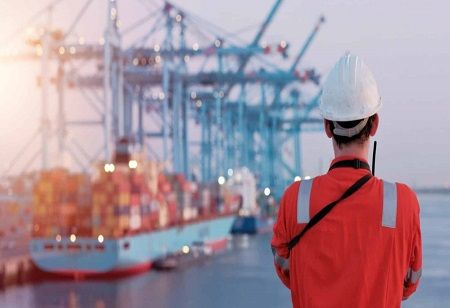- Marina begins work on Ladderized Maritime Education and Training (LMET) Framework to offer flexible learning from non-degree certifications to full maritime degrees.
- Focus group discussion held with maritime industry stakeholders to align the framework with seafarer needs and global standards.
- Part of Republic Act 12021 (Magna Carta of Filipino Seafarers), the initiative supports upskilling and academic mobility, strengthening the Philippines’ global maritime workforce.
The Maritime Industry Authority (Marina) is collaborating with maritime stakeholders in the conceptualization of a Ladderized Maritime Education and Training (LMET) Framework, which will produce flexible learning paths from non-degree certifications all the way to full maritime degrees.
Marina conducted a focus group discussion (FGD) at its Central Office, gathering subject matter experts from maritime associations, manning agencies and shipping companies. The project aims to enhance academic mobility as well as professional development for Filipino seafarers.
The LMET Framework is part of Marina's implementation of Republic Act 12021 Section 75, or the 'Magna Carta of Filipino Seafarers', which requires the establishment of a ladderized program for both international and domestic maritime industries.
The design is consistent with President Ferdinand Marcos Jr.'s instruction to upskill Filipino seafarers and ensure maritime education catches up with international industry standards. It is consistent with the administration's wider impetus for learning systems that are inclusive and responsive.
Marina is creating the framework through its STCW Office to meet industry requirements and give seafarers more precise and accessible educational paths. The aim is to close the gap between vocational studies and tertiary education in the maritime sector.
Republic Act 12021, enacted into law in September 2024, enforces the welfare and rights of Filipino seafarers and strengthens the Philippines as a top provider of worldwide maritime professionals.

